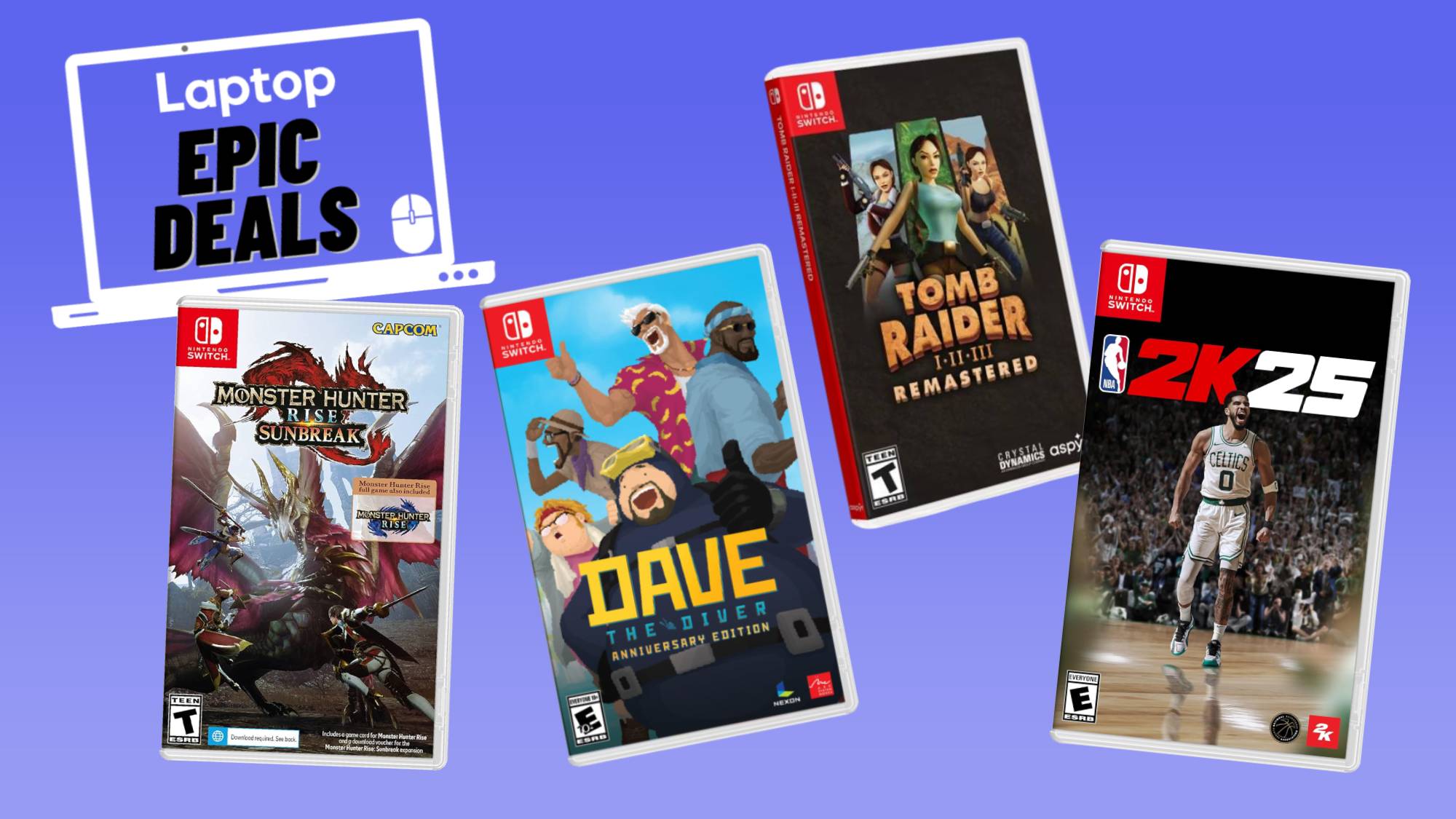It debuted this year, but Apple Intelligence has 2 giant advantages to triumph in 2025
Apple arrived midway through a heated AI arms race, but It had two huge advantages over its rivals. One is a "secret weapon," and the second is evident to iPhone users.
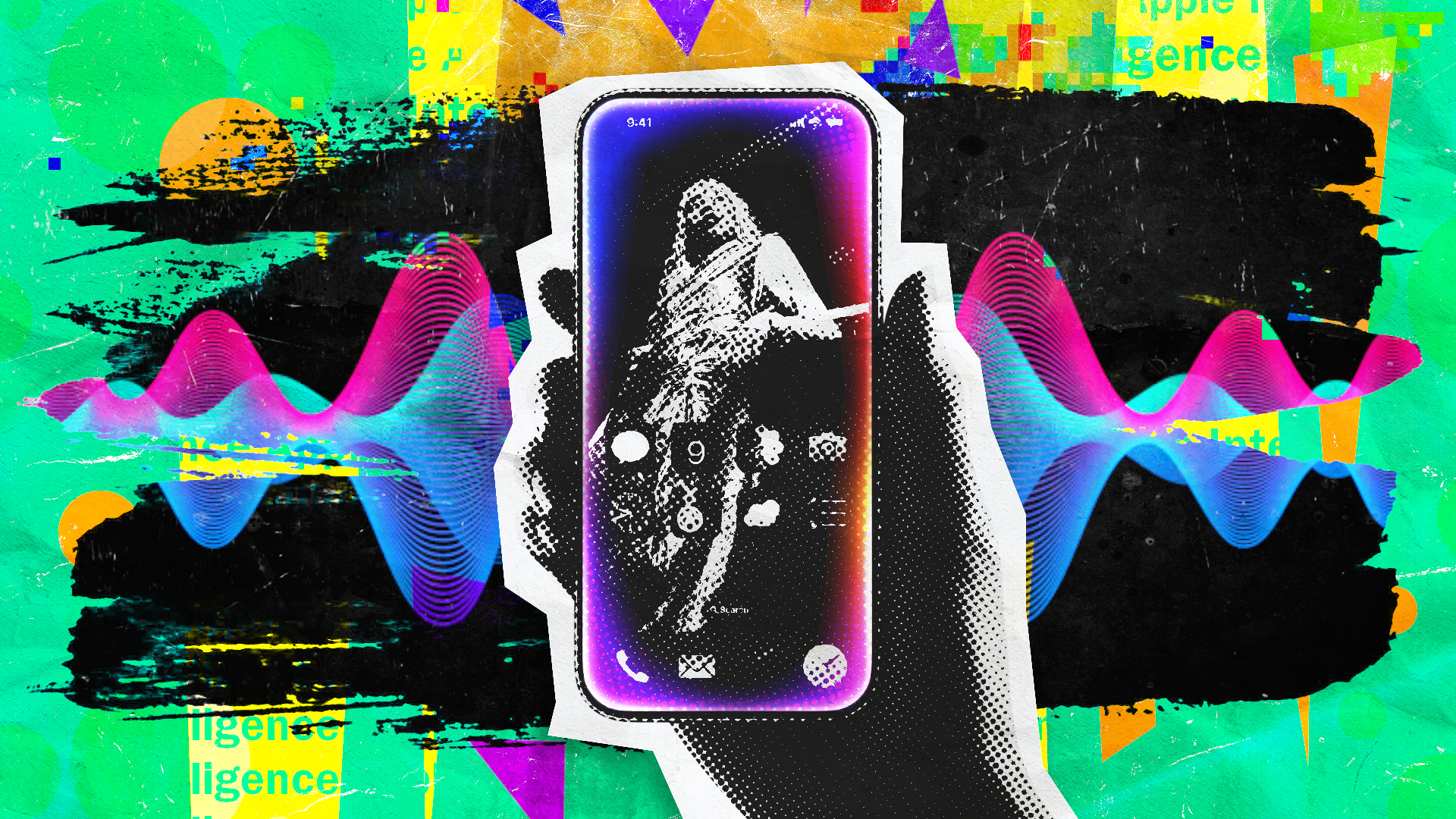
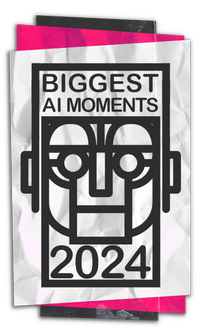
On June 10, 2024, Apple CEO Tim Cook announced one of the most significant software updates in his company's history, which would vault Apple into the AI showdown with the likes of Google, Microsoft, and OpenAI.
Rumors about the announcement reached a boiling point in the days leading up to Apple's annual Worldwide Developer Conference (WWDC), so by the time Cook reached the highlight of the keynote presentation, many knew what lie ahead.
Cook stood on a trail at Apple's headquarters on a sunny California day as he finally unveiled the star of the show. "Recent developments in generative intelligence and large language models offer powerful capabilities that provide the opportunity to take the experience of using Apple products to new heights."
Cook highlighted five core principles for Apple's version of AI: powerful, intuitive, integrated, personal, and private. That last one is significant as privacy and security have become staples of the Apple brand but pose challenges with AI, which relies on consuming vast amounts of data. Cook seemed confident in Apple's solution, though.
"All of this goes beyond artificial intelligence. It's personal intelligence, and it's the next big step for Apple."
That "next big step" was Apple Intelligence, Apple's rebranding of "AI." This new AI platform designed exclusively for Apple tech features text and image generation, notification summaries, AI image editing, and a long-awaited Siri upgrade.
It arrived mid-way with a heated AI arms race, but Apple had two huge advantages over its rivals. One is a "secret weapon," and the second is evident if you're an iPhone user.
This article ranks at #1 in our round-up of the year's 24 most impactful moments in artificial intelligence. For the full rankings and more articles like this, check out the Biggest AI Moments of 2024 — a Laptop Mag Special Issue.
Tim Cook's better-late-than-never AI strategy
In an interview with Marques Brownlee at WWDC 2024, Cook doubled down on Apple's AI strategy, insisting, "Generative AI was never off the table. It was always about pursuing it in a thoughtful kind of way. So, that’s what we’ve done, and we’ve implemented it in ways that are less likely to create issues."
Cook was responding to a question about Apple's previously unclear stance on generative AI, which has increasingly become a major feature on Android phones over the past few years through Google Gemini. Until May of this year, Apple appeared, outwardly, anyway, uninterested in entering the generative AI competition. Despite that, I wasn't surprised by the announcement of Apple Intelligence.
This is far from the first time Apple played the "better late than never" game. Apple has consistently allowed its rivals to do the risky business of testing new product categories before diving in itself. (The Apple Vision Pro was definitely not the first consumer mixed reality headset, but Apple did design it to be the best.)
Advantage 1: The "secret weapon"
Apple Intelligence includes most of the now-standard features of generative AI, such as generating text and images, summarizing content, and answering audio, text, and visual queries. Apple added some extra features, like AI-generated emojis, but nothing groundbreaking.
That might seem like a losing strategy, considering Google already offers all of that and more on its Gemini platform. Apple has something Google doesn't, though: Private Cloud Compute, a secret weapon which could set up Apple Intelligence for success in 2025 and beyond.
Private Cloud Compute ensures everything users do on Apple Intelligence is completely private. When the AI needs to process a request through the cloud, it goes through secure servers running Apple's own M3 Ultra chips. Even then, all of the data is anonymized, so user privacy is protected. That's a far cry from the privacy strategies of Apple's competitors, who were accused of scraping massive amounts of data earlier this year.
Privacy isn't even the only significant advantage Apple has up its sleeve. The second one is perhaps even more important and might even make Apple the new leader in consumer AI.
Advantage 2: If you're an iPhone user, you're already part it
Prioritizing privacy and security was a major win for Apple Intelligence, but it may not be Apple's biggest advantage over Google, Microsoft, and OpenAI.
If you're holding an iPhone, it might already be evident to you: Apple's potentially game-winning advantage is its massive, loyal user base.
As of 2024, 87% of teenagers in the U.S. have an iPhone, and 30% say they plan to upgrade their Apple tech within the next six months, specifically because of Apple Intelligence. That makes sense, considering young people are currently the most likely demographic to use generative AI.
Young people also represent the future of the phone market, so this data indicates that young people overwhelmingly prefer Apple devices and are more likely to use AI tools and apps. That means Apple Intelligence could help solidify the iPhone's dominance in the phone market for the foreseeable future. As a result, Apple Intelligence could become the country's most widely used AI platform simply by becoming the default AI on the iPhone.
Apple Intelligence: What's next for 2025?
If Apple can also nail the basics and ensure Apple Intelligence is consistent, fast, and reliable, it could quickly leapfrog Google's Gemini AI regarding users. The promise of privacy and data security gives Apple an especially strong advantage over Google, particularly when you factor in the ChatGPT integration on Apple Intelligence. This feature lets you privately use OpenAI's ChatGPT algorithm if Apple Intelligence can't complete a request for you.
Apple might win the AI race by choosing not to run at all. While its rivals, like Microsoft and Google, have been rushing to roll out as many new AI features as possible over the past year, Apple has been watching, learning, and taking its time.
Only time will tell, but Apple could become the king of AI by betting on the one thing you can't develop overnight: the trust it takes to build one of the biggest userbases in the world.

If you're anything from an AI enthusiast to the average AI tinkerer (or simply seeking out some of the additional features offered through Windows Copilot+ PCs or Apple Intelligence on Macs), then you'll need a powerful and performative laptop to keep up to speed with your needs.
At Laptop Mag, we review laptops year-round to ensure we're giving you expert-backed and up-to-date recommendations on which notebook is right for you. When it comes to the best AI PC category, our top picks are the excellent Asus Zenbook S 14 (UX5406) for Windows users and the impressive Apple Macbook Air M3 for those running macOS.
So, if you're shopping for a new laptop and looking to invest in an AI PC (or just a great laptop in general), check out our current top-tier picks below.
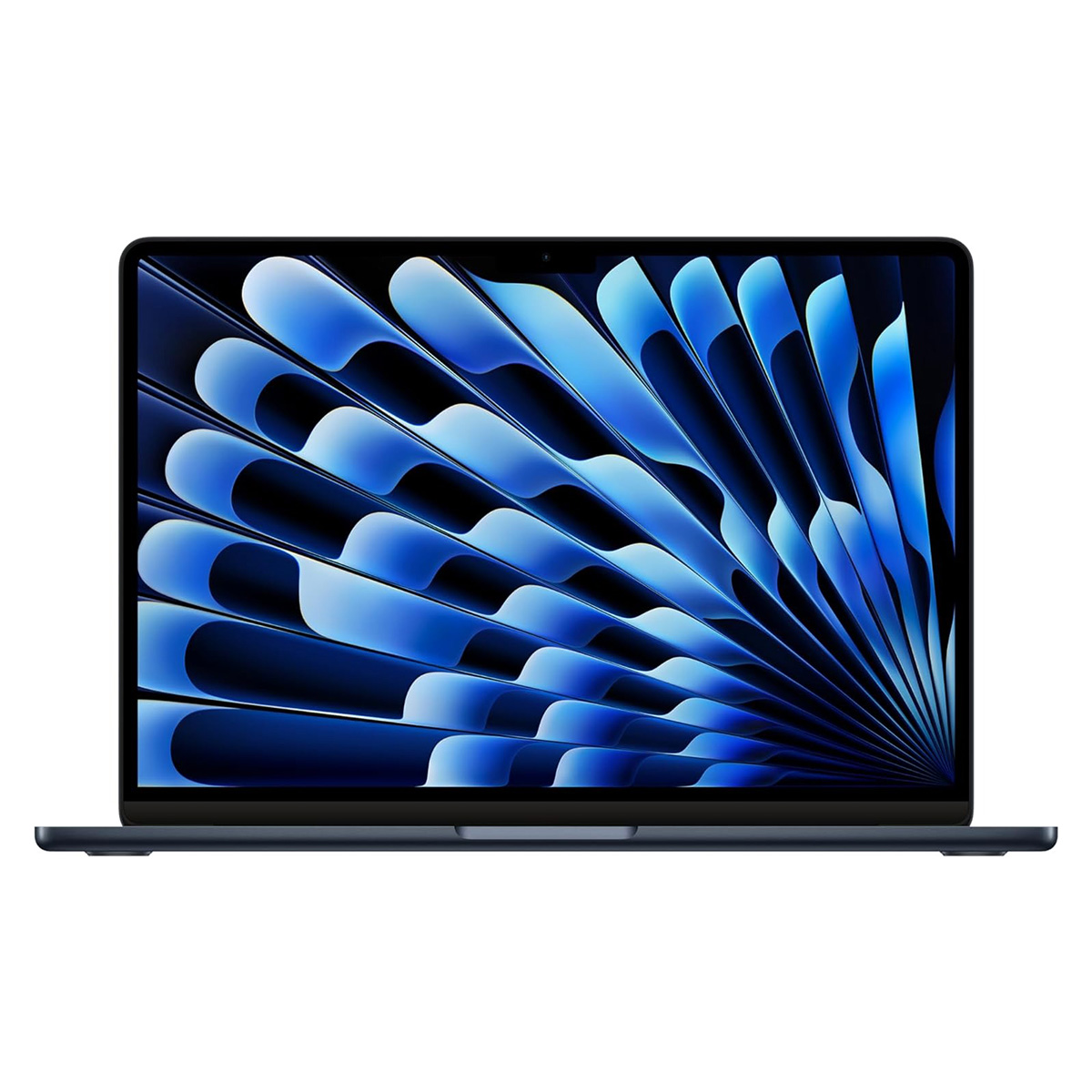
We love the MacBook Air 13 M3. Starting at just $1,099 (MSRP), with education pricing dropping to $999 (MSRP), the Air is a laptop we can recommend for just about any purpose. It's affordable, especially by Apple standards, and it features an excellent keyboard, fantastic performance, and outstanding endurance (over 15 hours of battery life), which makes it a great laptop for just about anyone's needs, especially those interested in getting to grips with all of the latest Apple Intelligence features.
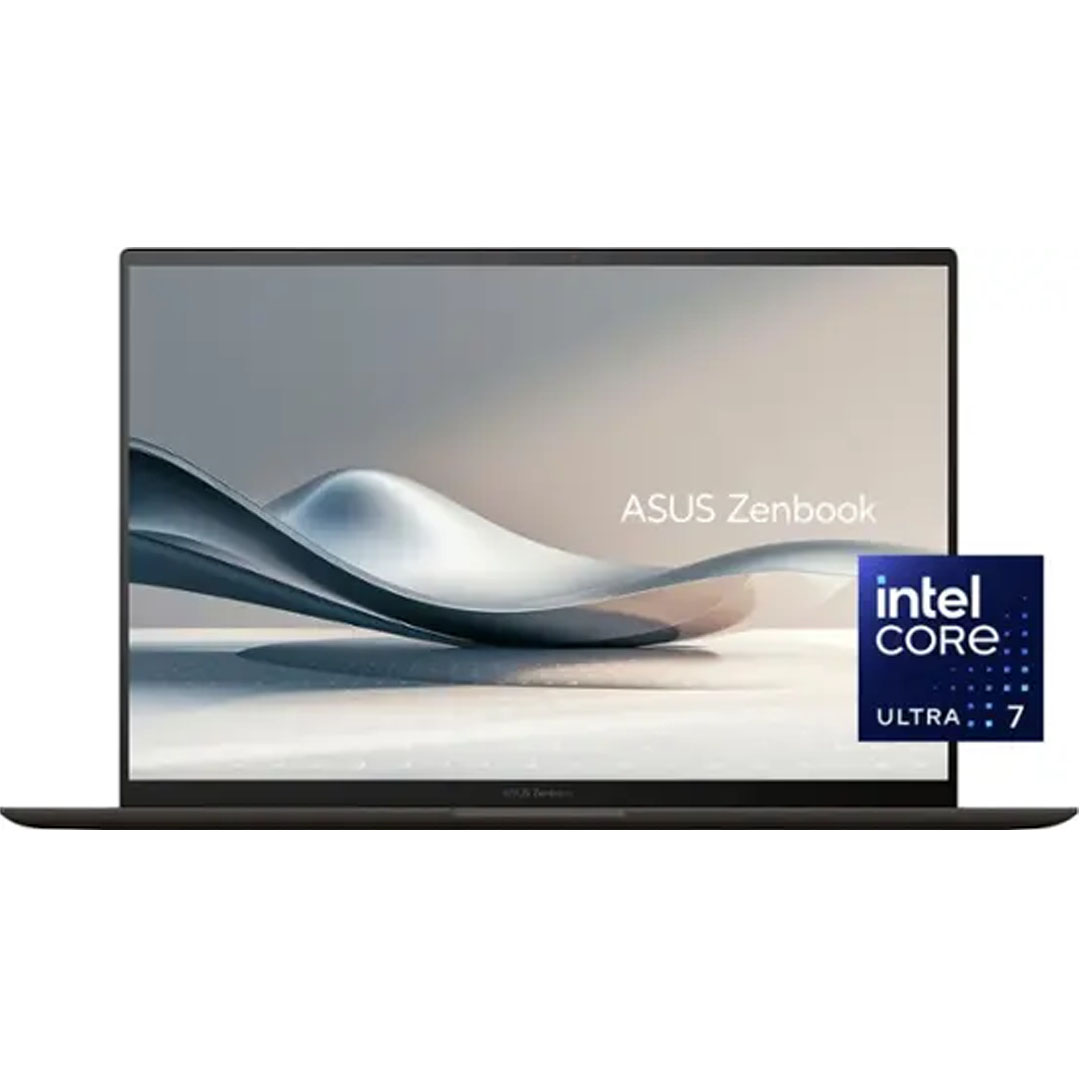
The Asus Zenbook S 14 (UX5406) has quickly become our favorite AI PC laptop of the year, offering all the hallmarks of a great buy, including exceptional performance and battery life. This laptop is one of the first to feature an Intel Core Ultra 200V series processor and at just $1,499 (MSRP), you get a fantastic balance of power, a stunning 14-inch OLED display, effortless multitasking, NPU-enhanced performance for AI tasks, and all of the additional Copilot+ features available with Windows 11.

Stevie Bonifield is a freelance tech journalist who has written for PC Gamer, Tom's Guide, and Laptop Mag on everything from gaming to smartwatches. Outside of writing, Stevie loves indie games, TTRPGs, and building way too many custom keyboards.

